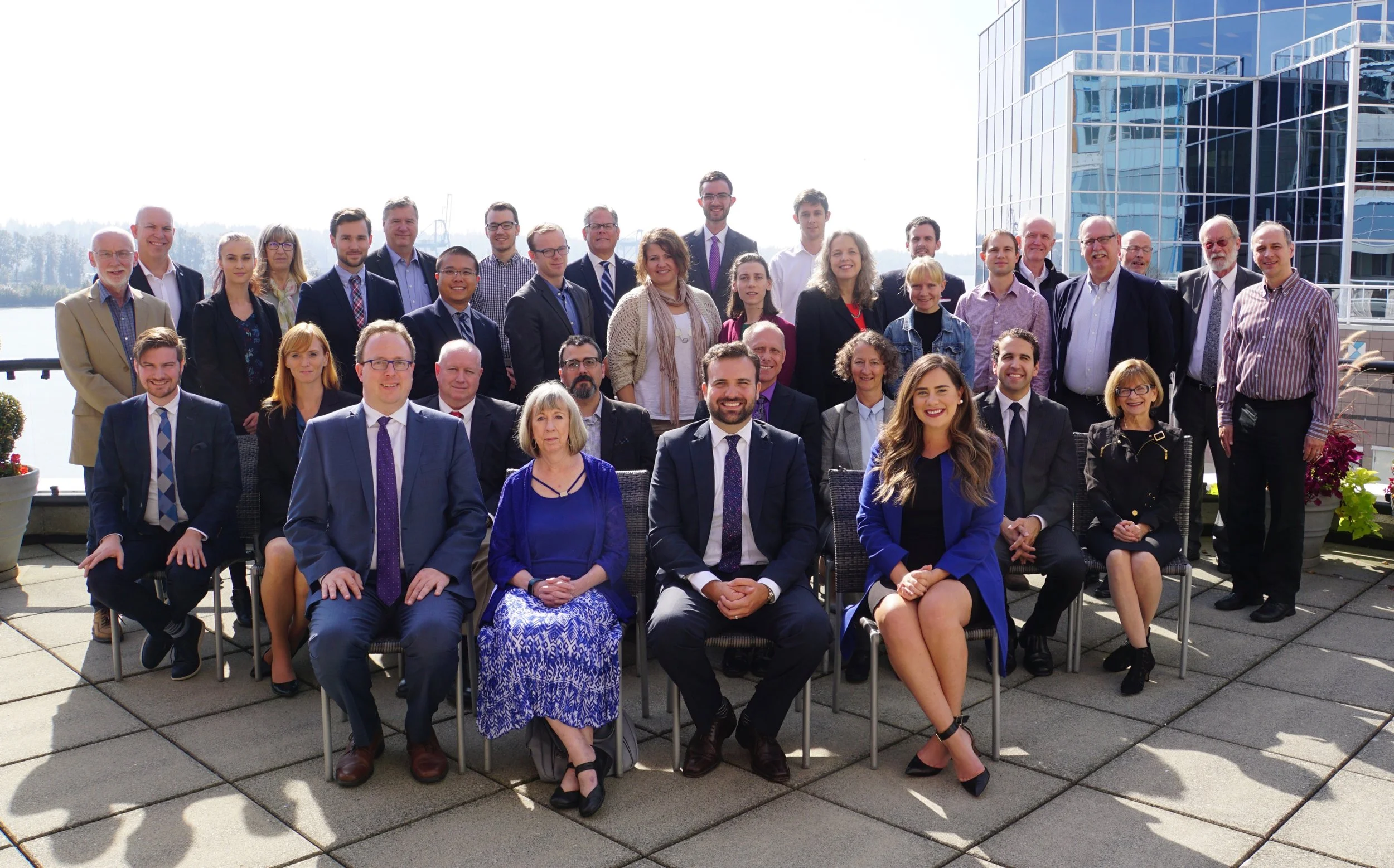2018 Symposium on Religion, Law & Human Rights
Ian Sinke*
It was an uncharacteristically sunny British Columbia morning as around 50 lawyers, students, and academics gathered in New Westminster, B.C. for CLF’s second annual academic Symposium. Having attended last year’s Symposium, I had high expectations for the day, and I was not disappointed.
This year’s theme was “Towards a new (secular) theocracy?” Betteridge’s Law of Headlines (“Any headline which ends in a question mark can be answered by the word no”) notwithstanding, the concept was an intriguing one. In fact, I was so creatively inspired that I have proceeded to adapt it for a paper I am writing for one of my law school classes.
The nine presenting authors were organized into four sessions. Each had the opportunity to spend some time discussing his or her paper as well as to answer questions from the audience. The scholarship presented at the Symposium was of a high quality. Five of the contributors were professors at Canadian law schools, and all nine brought unique qualifications, experience, and perspectives to our discussion. We were even joined by the Dean of one of Canada’s law schools, who served as a moderator and provided an extensive case comment. We were particularly honoured by the presence of Prof. Mary Anne Waldron, Q.C., and Prof. Dwight Newman, who both serve as Symposium Program Advisors and whose academic scholarship are highly regarded in Canada and around the world.
At the end of the Symposium, we were honoured by the presence of former Supreme Court Justice John Major, who spoke on the doctrine of stare decisis. His remarks were at once warm, humorous, insightful, and profound. It was truly a treat to have him join us.
Cultivating academic scholarship on the topic of law and religion is of vital importance to CLF’s mandate, and over the past two years CLF has made significant progress in doing so. Last year’s Symposium resulted in a publication by LexisNexis in the Supreme Court Law Review as well as a standalone book (“Assisted Death”); the collection features 13 articles from leading academics and practitioners examining the social, ethical and legal implications of the Carter decision. Once again, selected articles from this year’s Symposium will be published in a future edition of the Supreme Court Law Review and standalone book. I look forward to reading the finished papers, and I encourage all who are interested in the academic pillar of CLF’s work to purchase the book, or to consider attending future Symposia. Thanks are due to each of the contributors for their efforts, to Derek Ross, who serves as Program Chair and General Editor, to Sarah Mix-Ross, who serves as Symposium Registrar, and to the rest of the CLF team for organizing the event.
*Ian is in his 3rd year at the University of Toronto Faculty of Law. He currently leads the U of T CLF and interned in the CLF office this past summer.



